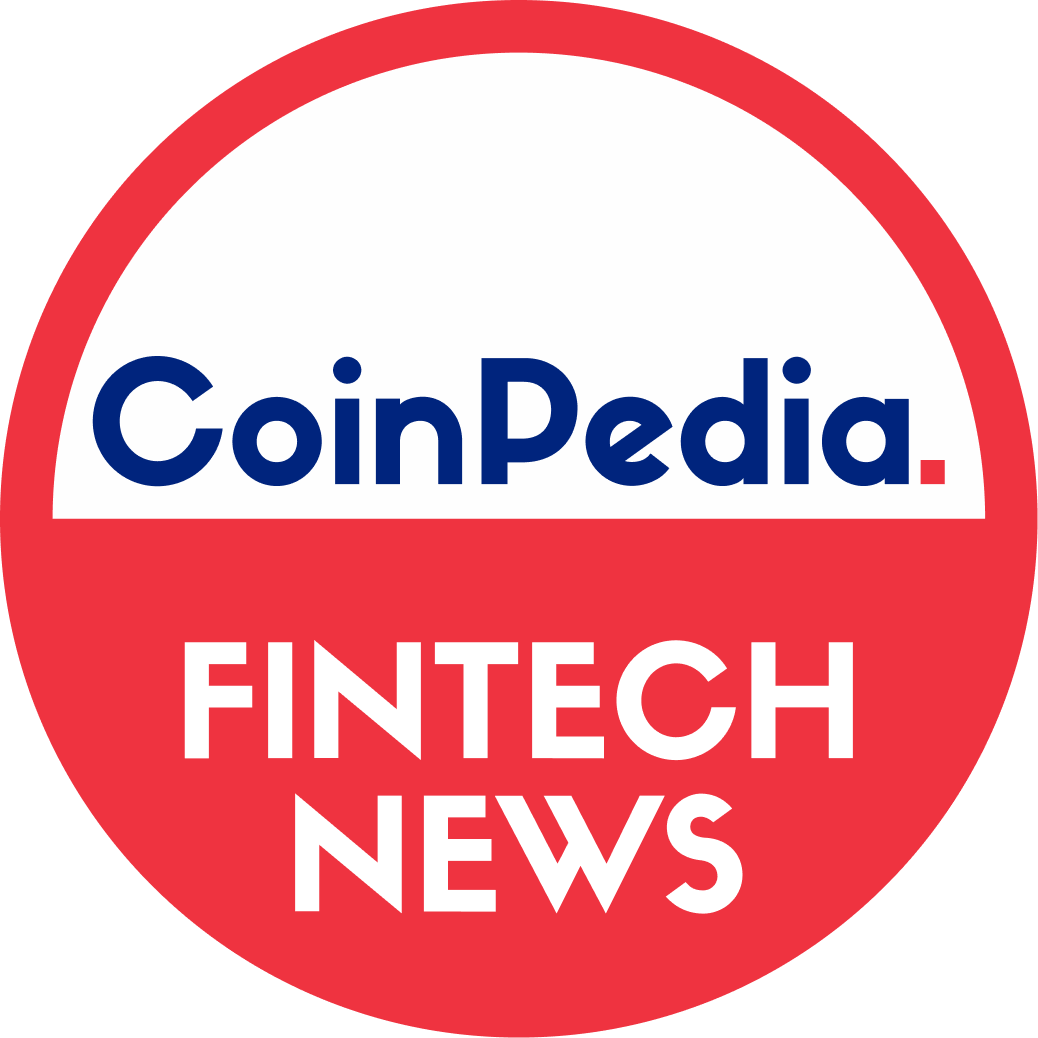Cryptocurrency’s original use-case – payments – are getting a boost on the Solana blockchain.
New software co-developed by Solana Labs intends to help merchants accept crypto payments over the Solana network. Checkout.com, Circle and Citcon are supporting “Solana Pay,” which debuted Tuesday with integrations with FTX and ecosystem wallets Phantom and Slope.
The software development kit (SDK) takes crypto in and spits crypto out. Obvious, maybe – but a notable difference from some of the market’s better known crypto-to-fiat rails. Virtually every merchant paid with a “crypto credit card” sees their payments settled in cash.
Crypto payments have been central to the industry since the Bitcoin white paper touted “peer-to-peer electronic cash” over a decade ago. But a mix of price volatility, slow on-chain settlement and tax headaches hampered growth, said Sheraz Shere, head of payments for Solana Labs.
“Now that we have a blockchain that has the throughput, speed and scalability and low fees of traditional payment networks – 50,000 transactions per second and sub-second transfer times, We can potentially build a merchant payment system that’s truly on the blockchain, and most importantly, that’s peer to peer and decentralized and permissionless,” Shere said.
USDC booster
Technically any SPL token can flow through Solana Pay. But the protocol’s backers are particularly keen on payments in Solana-native USDC. The ecosystem already has $4 billion of Circle’s dollar-pegged stablecoin sloshing about, a figure second only to Ethereum in size.
A non-custodial service, the open-source package, which Shere said anyone could implement, does not take a slice of payments. Customers will still have to pay network fees; on Solana that’s well below 1/100th of a penny.
The state of play for merchants is only a tad more complicated. Plugging into Solana Pay through a third-party like Checkout.com, they might pay a minimal service charge. They could set it up themselves for zero fee, he said.
Customer payments are only the start, Shere said. He’s “thinking about a future where stablecoins like USDC are the transactional currency,” underpinning everything from payroll to invoices.
That said, Solana has seen its fair share of hiccups lately. Continued network slowdowns could set back the stated vision.


 Bitcoin
Bitcoin  Ethereum
Ethereum  Tether
Tether  XRP
XRP  Wrapped SOL
Wrapped SOL  USDC
USDC  Lido Staked Ether
Lido Staked Ether  TRON
TRON  Dogecoin
Dogecoin  Cardano
Cardano  Figure Heloc
Figure Heloc  WhiteBIT Coin
WhiteBIT Coin  Wrapped stETH
Wrapped stETH  Bitcoin Cash
Bitcoin Cash  Wrapped Bitcoin
Wrapped Bitcoin  Chainlink
Chainlink  Hyperliquid
Hyperliquid  USDS
USDS  LEO Token
LEO Token  Binance Bridged USDT (BNB Smart Chain)
Binance Bridged USDT (BNB Smart Chain)  WETH
WETH  Stellar
Stellar  Wrapped eETH
Wrapped eETH  Monero
Monero  Ethena USDe
Ethena USDe  Coinbase Wrapped BTC
Coinbase Wrapped BTC  Litecoin
Litecoin  Sui
Sui  Avalanche
Avalanche  Hedera
Hedera  Zcash
Zcash  Shiba Inu
Shiba Inu  World Liberty Financial
World Liberty Financial  Dai
Dai  sUSDS
sUSDS  Cronos
Cronos  Toncoin
Toncoin  Polkadot
Polkadot  Uniswap
Uniswap  PayPal USD
PayPal USD  USDT0
USDT0  Ethena Staked USDe
Ethena Staked USDe  Mantle
Mantle  Aave
Aave  Bittensor
Bittensor  Canton
Canton  USD1
USD1  Bitget Token
Bitget Token